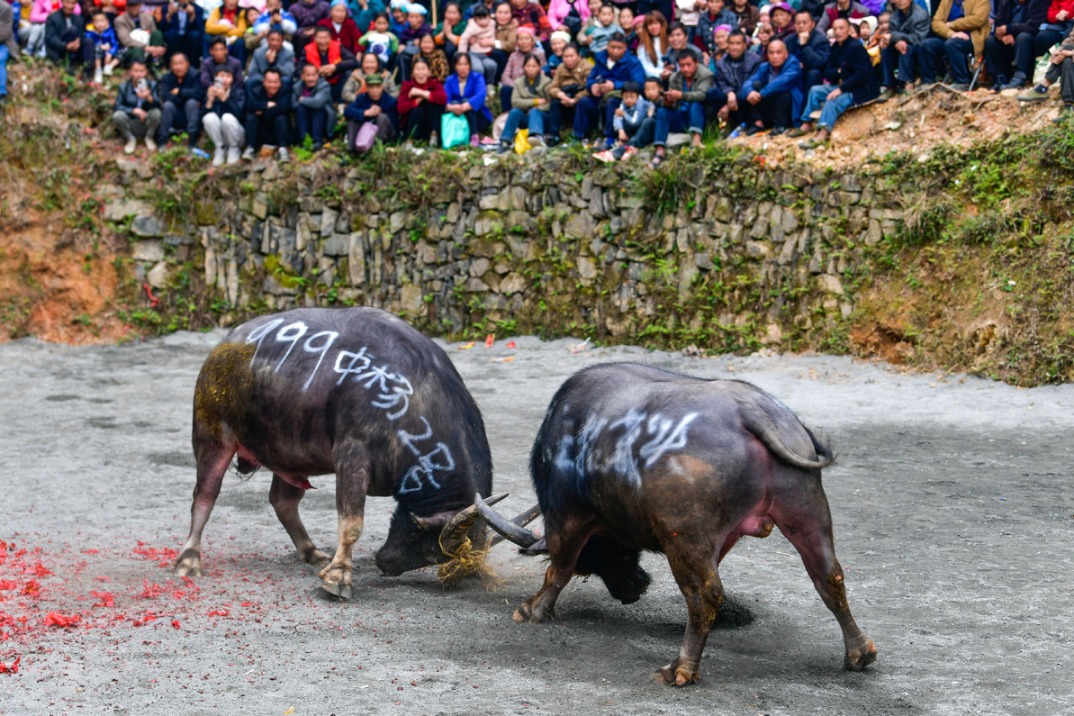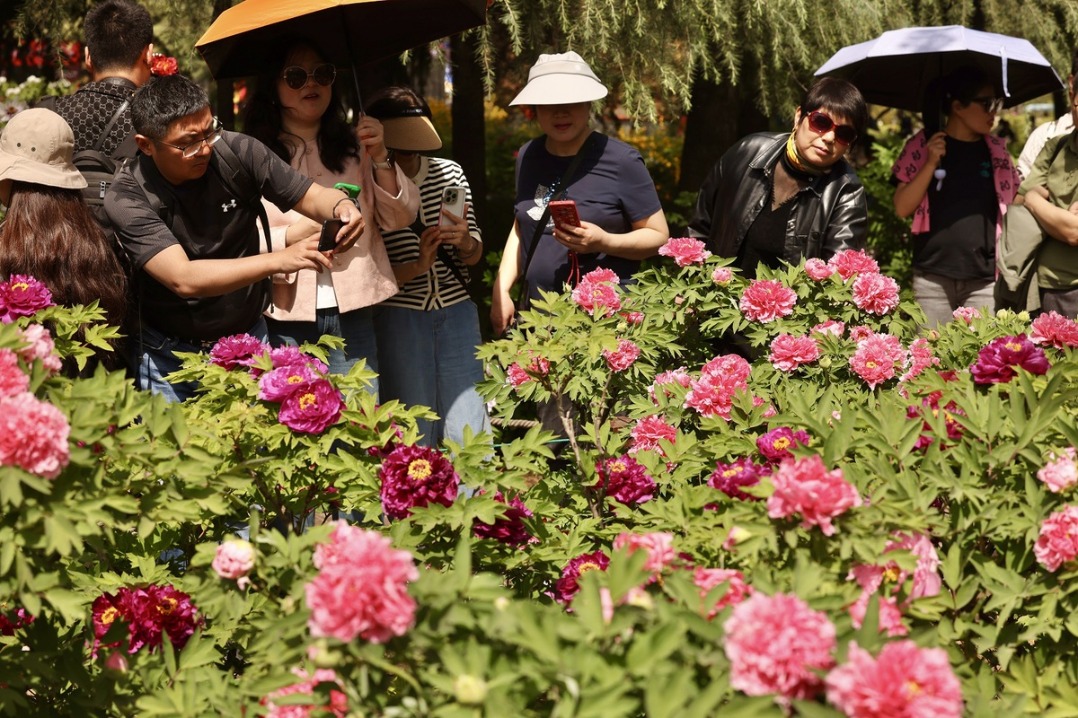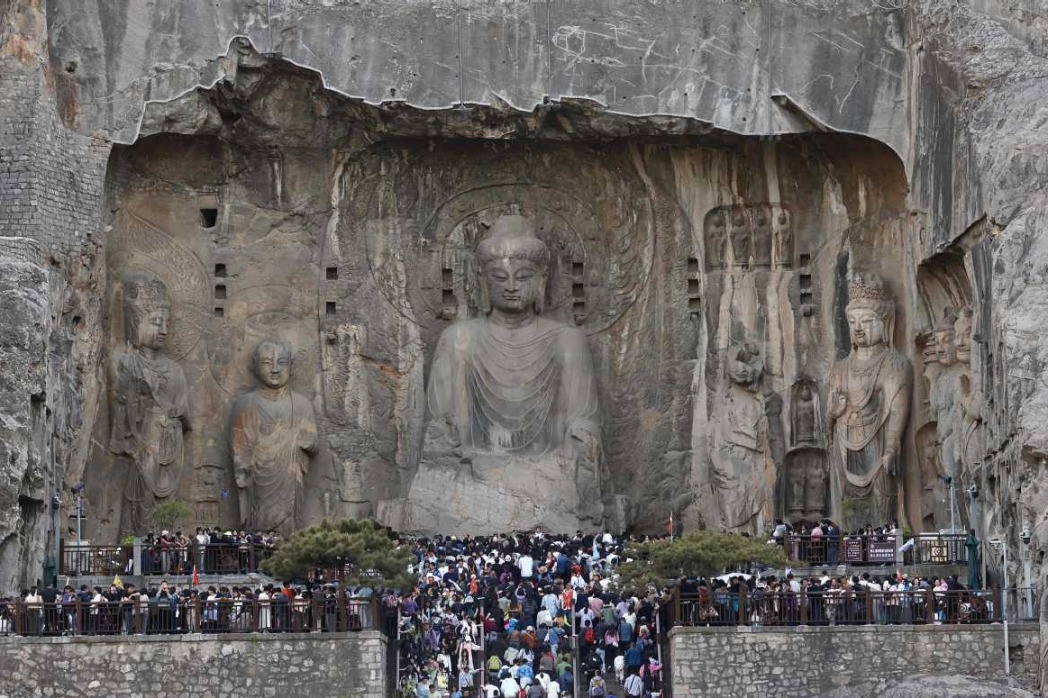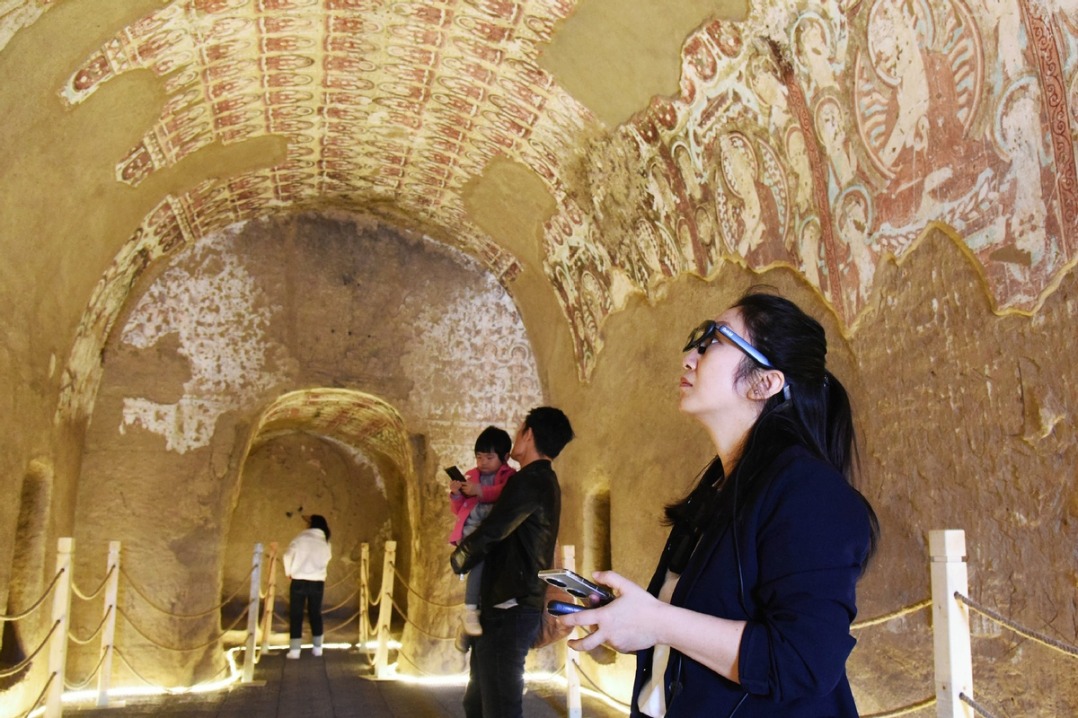Football disputes dominate China's sports arbitration cases

BEIJING -- Football-related disputes accounted for 86.5 percent of all cases handled by the China Commission of Arbitration for Sports (CCAS) since its establishment in 2023, according to a report released by the commission last month.
The figure underscores the governance challenges facing Chinese football amid a nationwide anti-corruption campaign targeting the sport.
"Football is a sport with high social attention and frequent disputes," said Han Xiangfei, deputy secretary-general of the CCAS. "We hope to contribute to the improvement of industry governance and regulations."
Globally, football dominates the caseload of sports arbitration bodies, including the Court of Arbitration for Sport (CAS), where it represents over half of all cases. In China, 41 clubs implicated in corruption and more than 40 professionals banned for life have highlighted the urgency of sports arbitration's intervention in the sport.
In addition, the sport's financial downturn and frequent turnover of league teams in China has exacerbated issues such as unpaid wages, disciplinary actions, and registration disputes.
Before the CCAS's creation, football disputes in China were either subject to final rulings by the Chinese Football Association (CFA) -- raising fairness concerns -- or fell into legal limbo, as courts and labor arbitration bodies often declined jurisdiction.
"Take the CFA's disciplinary penalties as an example. During each season, it issues 200 to 300 sanctions, many of which athletes dispute," Han said. "But without a sports arbitration mechanism, the association's decisions were final."
To address this, the CCAS prioritized coordination with sports governing bodies, with football among the first to adapt. In August 2023, the CFA revised its arbitration rules to allow all parties to appeal to the CCAS.
Youth training and transfers have also been a major source of conflict. Yuan Gang, a CCAS arbitrator, noted that many cases involve underage players whose parents sign contracts with academies. Disputes often arise when promising young athletes seek transfers for better opportunities.
"If we strictly followed contract terms on duration and first-signing rights, many minors wouldn't be able to transfer," Yuan said. "In arbitration, we balance club interests with the athletes' development needs."
The CCAS has also resolved some complex cases, such as transfers involving defunct clubs. Previously, players couldn't register with new teams without documentation from their former clubs -- a process that often missed transfer windows due to delays.
"With our rulings, which take up to three months, the CFA can immediately process player registrations," Han said. "Our arbitration is recognized by all parties."
Zhao Jian, another CCAS arbitrator, emphasized the sport's unique challenges: "Football disputes are frequent, wide-ranging, and often interconnected. The CCAS-CFA collaboration sets a strong example for sports governance."
"The CCAS's work marks a significant step in professionalizing China's sports dispute resolution as the country continues to reform its football landscape," Zhao added.
- Football disputes dominate China's sports arbitration cases
- China's Shaanxi sees first artificially hatched crested ibis in 2025
- People enjoy Qingming holiday in China
- China Coast Guard fleet patrols around Diaoyu Islands
- Guzang Festival celebrated in China's Guizhou
- Macao SAR launches environmental cleanup campaign





































